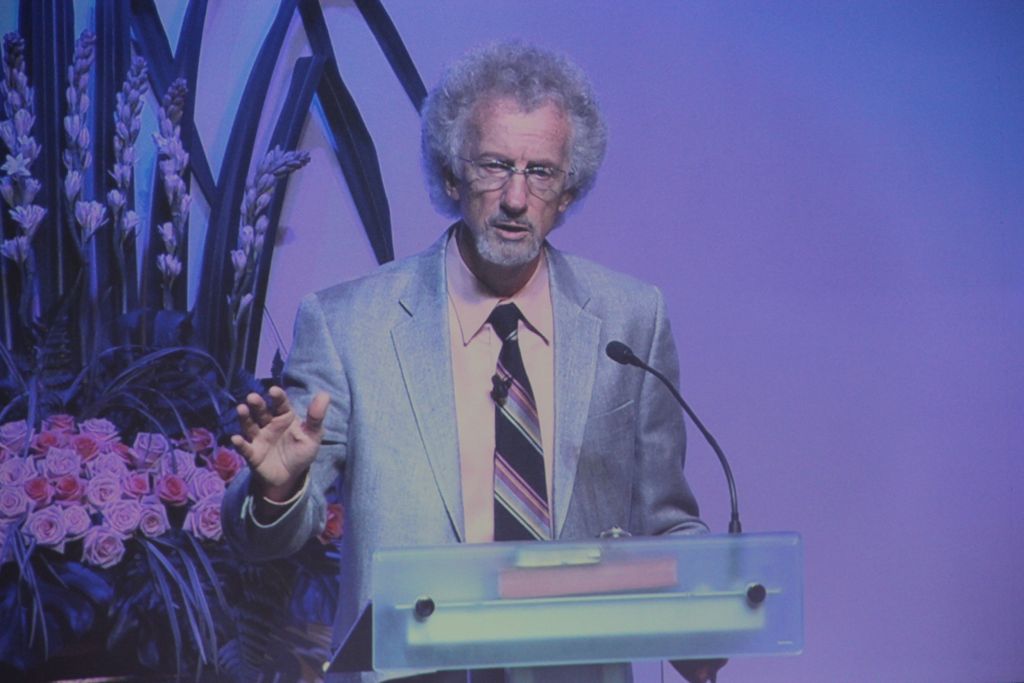
The problem of a pain is both a universal and timeless one. Since the Fall in the Garden of Eden, men have struggled with suffering throughout history. Tsunamis, earthquakes and war are very much an accepted reality in huge parts of the world.
Such questions have driven many to believe that the world, and in fact the universe, to be a random place full of chaos. Amidst such questions, many search for answers. In Evangelical Christianity, few writers have been as honest, insightful and compassionate, as Dr Philip Yancey.
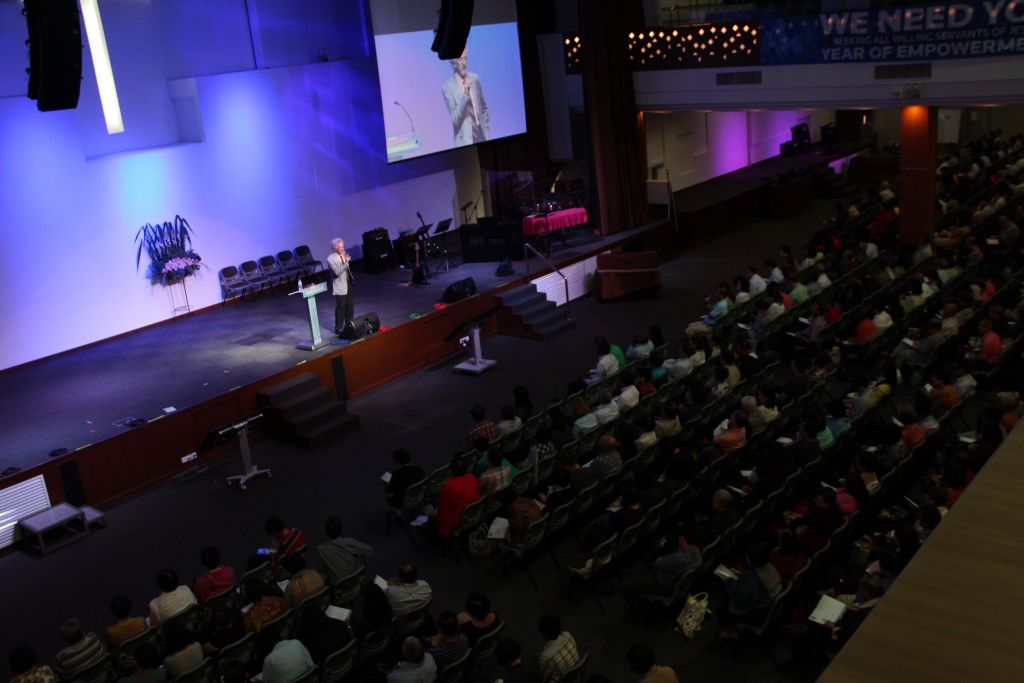
During a recent conference in Malaysia, he shared of the complexities behind this question that never goes away. Dr Philip is himself no stranger to pain, losing his father to polio when he was still a baby.
His father had been a young man who had been preparing to go to Africa when the disease struck him and confined him to an iron lung machine that helped him breathe. Several thousand people came together in a prayer chain resolved to pray for his healing. Well-meaning friends and relatives could not believe that God would ‘take’ a man who was so young and full of promises, and with his father’s consent, went to a recourse of a ‘step of faith’. Within weeks, however, his father was dead. As he was growing up fatherless, this cloud of unanswered prayer haunted the young man.
No matter which part of the world we go, there is this question; if God is real where is He and what is He up to in a world of such tragedy and pain? In 2012, Dr Philip paid visits to three particularly traumatized places; Japan after the 2011 tsunami, Sarajevo, and Newtown Connecticut, where the Sandy Hook Elementary School shooting occurred.
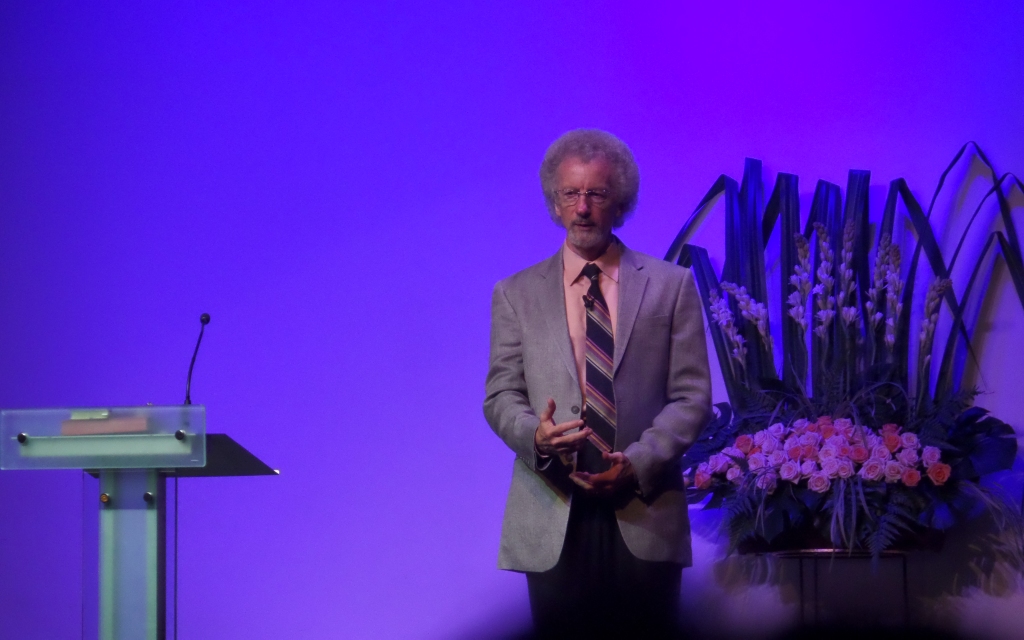
All 3 places were crucial ones where the question confronted him face-on; in three different continents where three tragedies of completely different natures took place. Though the scale of casualties and the source of the tragedies were dissimilar, he learned along the way that pain cannot be quantified. The parents who lost their children in the Sandy Hook tragedy experienced as much pain as the people in Sarajevo and Tohoku, Japan.
Yet the Bible does shed light on where God is. Dr Philip related, ‘Because of Jesus, whom the New Testament describes as ‘the image of the invisible God’, I can say with confidence that God is on the side of the sufferer, even in Japan where few believe in God or in Sarajevo where religion lies at the heart of the hostilities’.
He shared that we only need to observe how Jesus responds to the Samaritans, or to pagan Romans with sick family members in order to recognize this. On the cross, Jesus too experienced the same feelings of pain and abandonment.
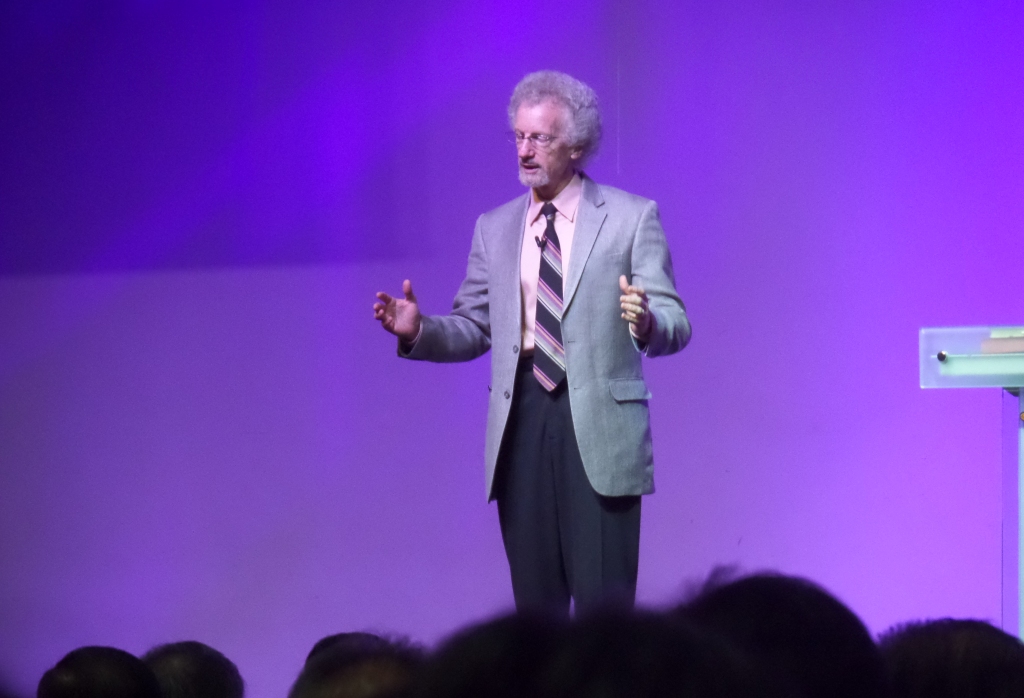
Observing the places he visited and listening to the people he talked to, Dr Philip came across another answer to the question of where God is. In Japan he met workers who had travelled halfway around the world to rebuild houses that had been destroyed by the tsunami. In Sarajevo he stayed with Fransciscans who remained behind during the siege to serve the poor and work for peace. In Newtown, a church had set up a reserve fund for future needs, such as providing long-term counseling for surviving children of the tragedy.
‘If the church does its job, people don’t torment themselves wondering where God is. They know the answer. God becomes visible through people who live out the calling and mission of bringing comfort to a hurting world. God is now in the Church.’
Ultimately, as Christians, we also have the promise from God that He is preparing a place for us. This is the promise that Jesus gave to His disciples in John 14:3, a promise that remains true for us today.
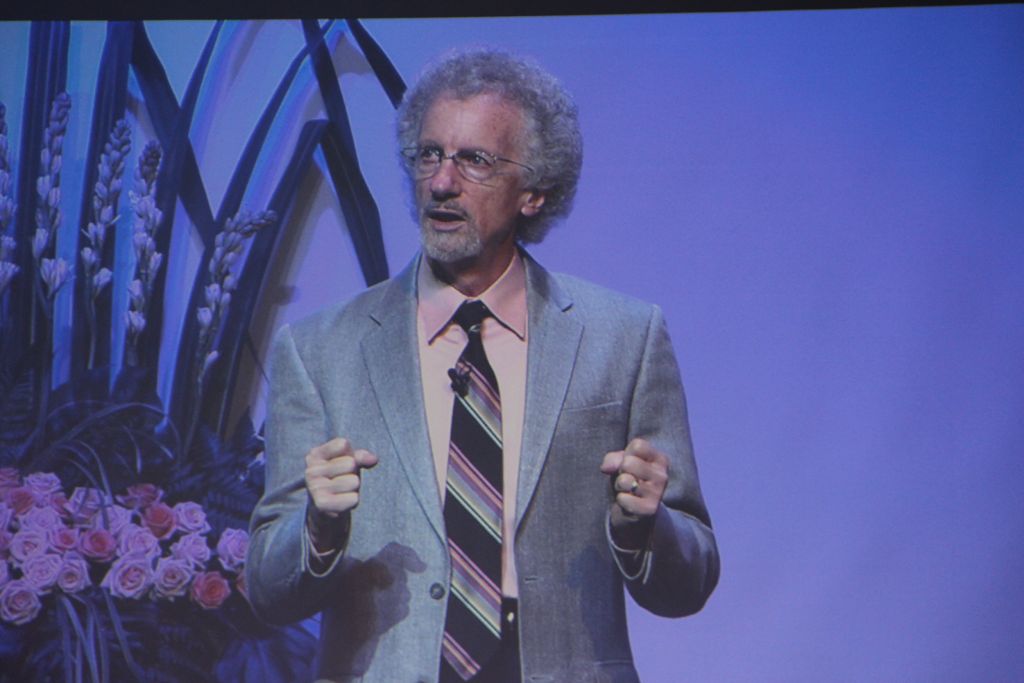
Dr Philip shared that the Bible does not give answers to all the questions we have, and oftentimes the attempt to find our own answers to the ‘why’ results in more harm than not. A focus on the ‘why’ shifts attention from the one suffering to the circumstances that caused it and in the process does little to help the person in need.
Like Job who finally acknowledged that God is God, there are times when we must learn to accept God’s sovereignty and that He has plans for our good though we may not understand everything all the time. And just as with Job’s friends who attempted vainly to find the causes of Job’s sufferings, we discover that what matters in the end is the response. Significantly, through Job’s life, we also learn that God is not the direct cause of suffering.
For the suffering, the Bible emphasizes our response and the work that God produces out of pain instead of the causes. Time and time again He is there, binding up wounds and healing hearts, helping people to grow, developing their discipline, helping them to grow deeper in their faith and relationship with Him.
‘The Bible did not promise a life that is free from problem,’ Dr Philip shared. ‘It promised us that there is nothing that is irredeemable that can happen to His people. God can redeem any circumstances.’
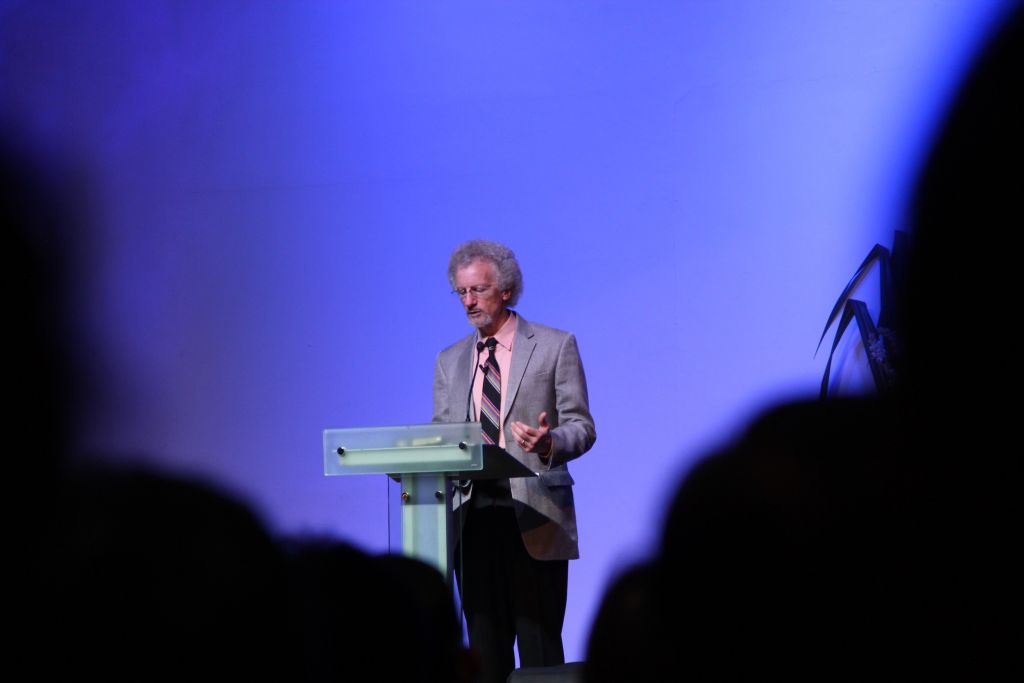
God lavished the world with grace and beauty out of simply who He is, even before we discovered such wonders as the Great Barrier Reef that is so full of life. The world was made good and it is good. But it is also broken and wounded.
‘We receive the blessings from God so that we can pass them on to others. From comfort to comfort, from healing to healing, from love to love. Along the way we learn how it is to really love others.’
Sharing a reflection he has gained from the well-known writer and theologian Dorothy Sayers who wrote in her book ‘The Mind of the Maker’, Dr Philip conveyed:
The Artist does not see the world as ‘merely’ a problem to be solved but about creating things anew.
This is the secret to the Universe. The world can and will be redeemed by God. One day, all the pain and suffering will be swept away like a forgotten dream and the world will be made anew.
In the meantime, as God’s delegated presence on Earth, Christians have an important role to play in bringing healing to a deeply wounded world.
|Share The Good News|
Jason Law

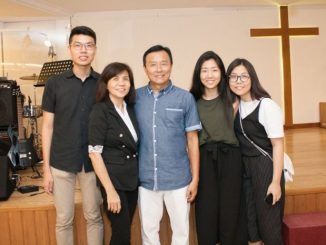
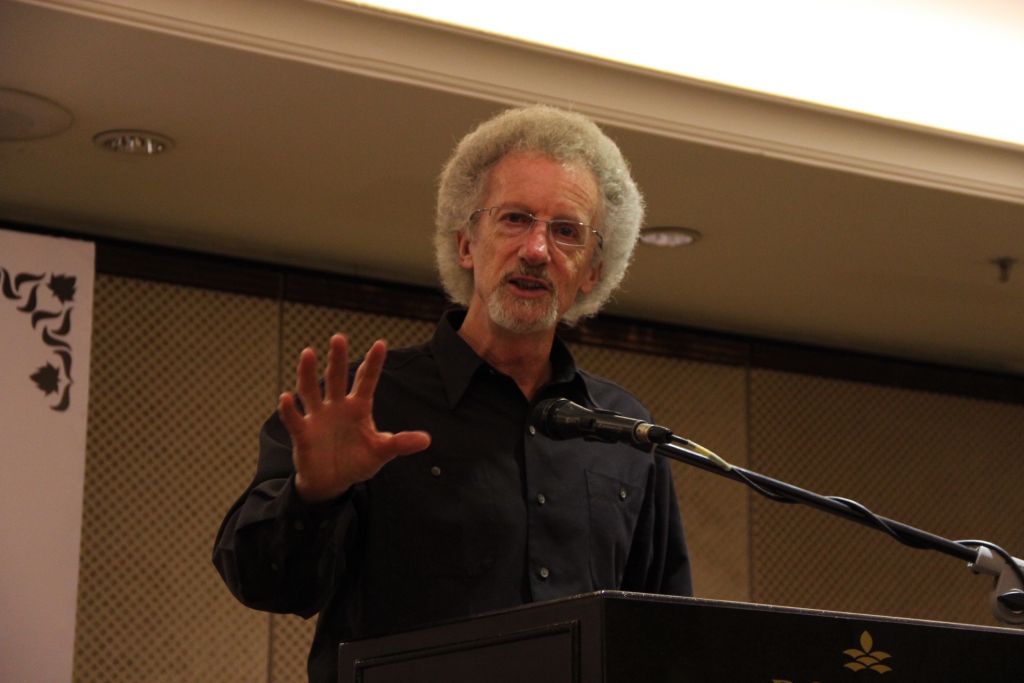

Leave a Reply